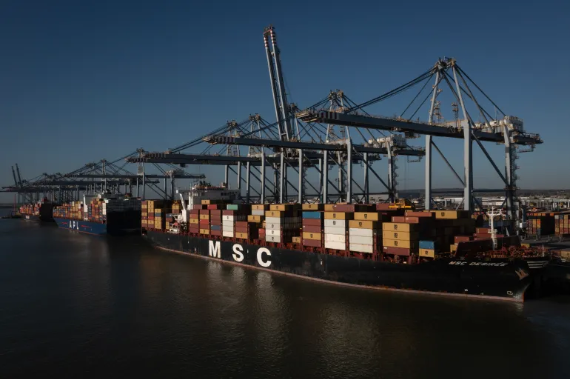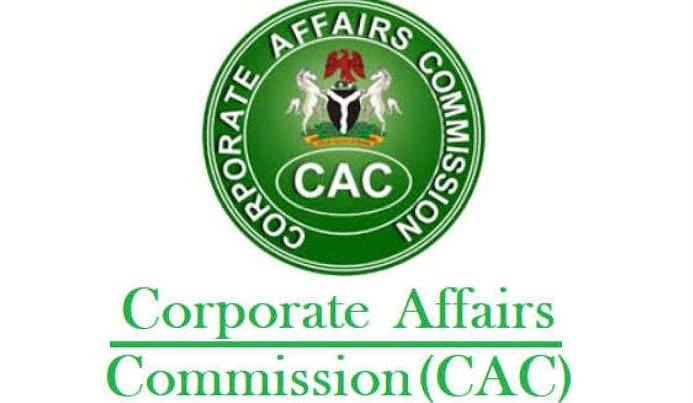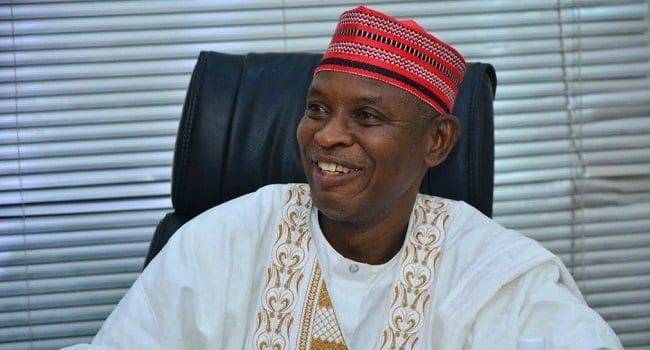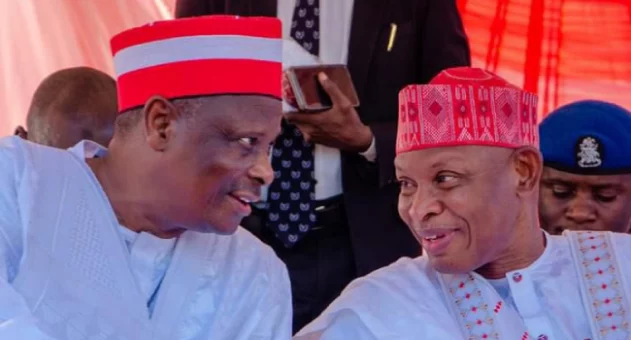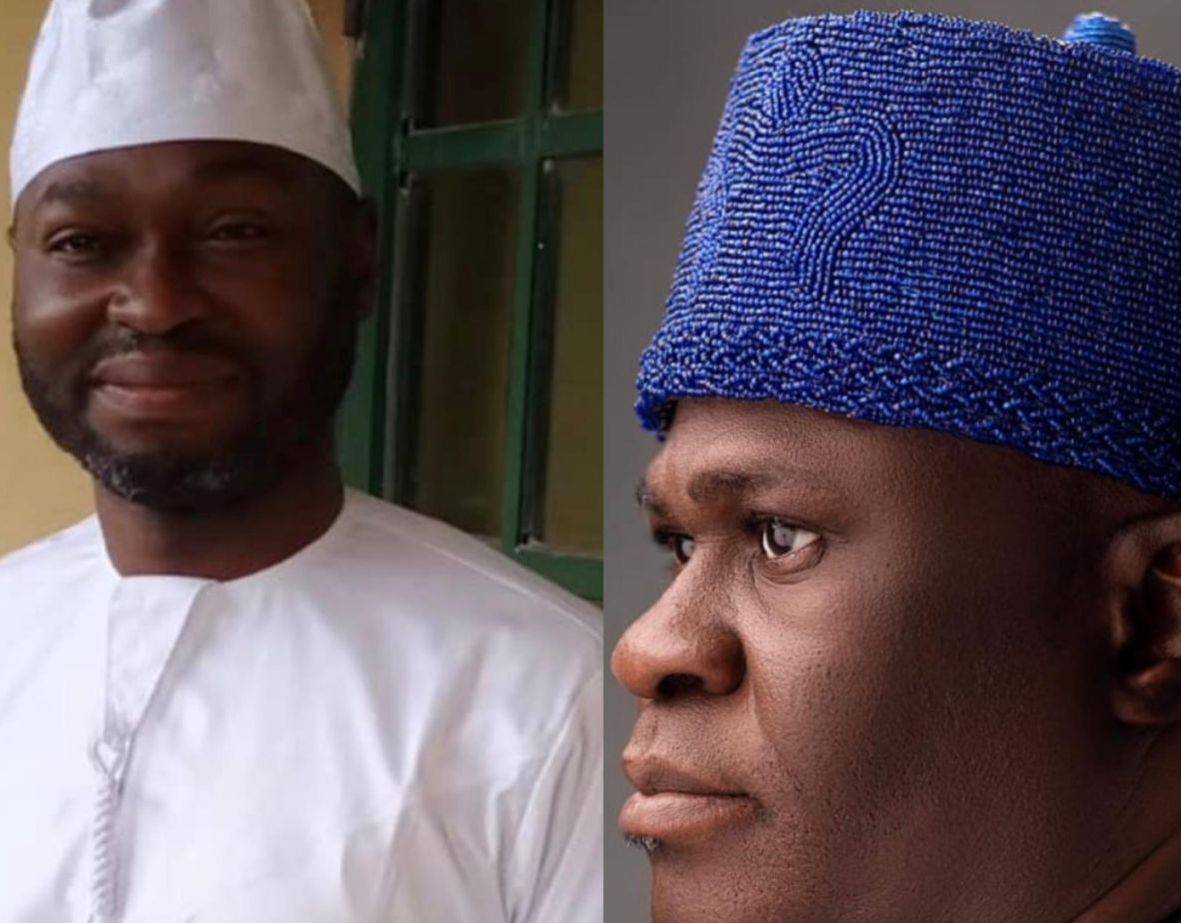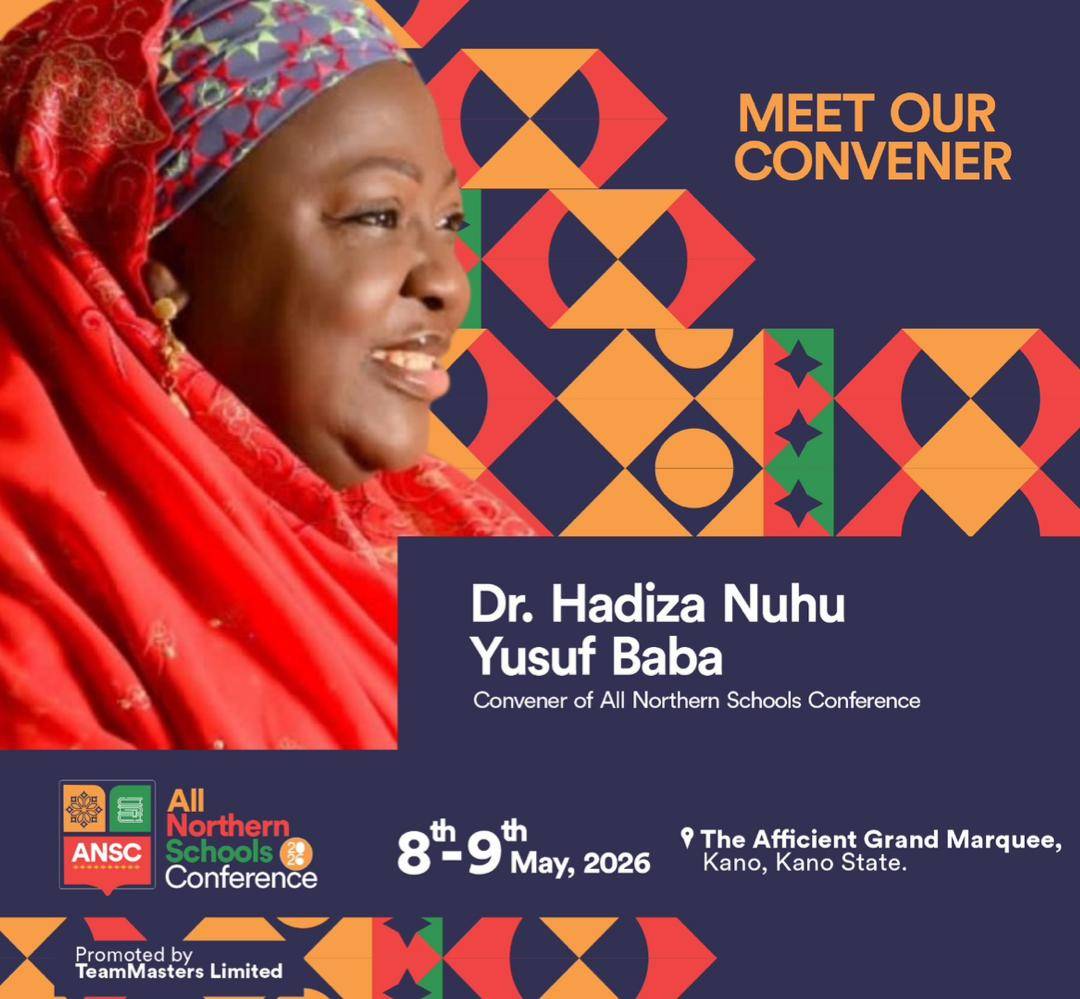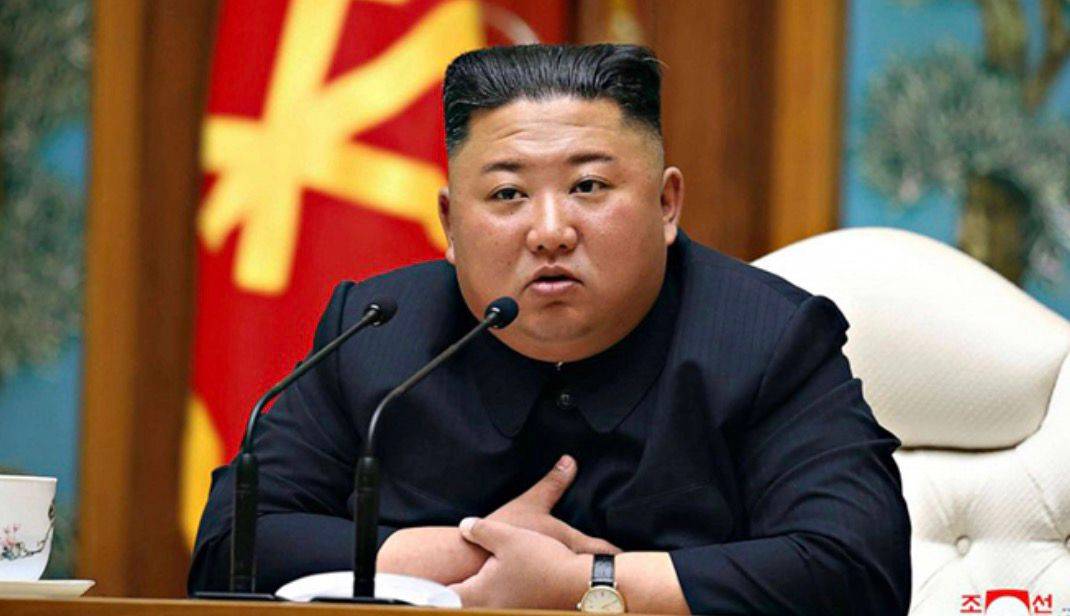EVEN before it was designated the capital of Nigeria in 1914, Lagos had always enjoyed a special status. It was even a colony of its own before amalgamation, and it did not become part of the Western Region until the first creation of states by General Yakubu Gowon in 1967.
By the time the capital of Nigeria was moved to Abuja on December 12, 1991, it had served as the seat of government for 77 years. It was on Lagos infrastructure that much of our oil boom proceeds of the 1970s were invested, the same way that the bulk of the 1990 Gulf War windfalls were spent to develop Abuja.
The movement of the capital to Abuja led to the neglect of the Federal Government’s obligations to Lagos which continued to remain the economic capital and cultural melting pot of the nation and the West Africa region.
Lagos remains the only state with the highest federal presence, which manifests in form of expressways, flyover bridges, causeways, police, security, military and paramilitary establishments. It also retains the consulates of foreign missions and headquarters of many multinational companies, including oil companies which operate in the Niger Delta axis.
It is the opportunities which these infrastructures and institutions offer that attract Nigerians from all over the country to swell the population of Lagos city to over 20 million. It was a serious blunder to abandon Lagos, the city of the Nigerian commonwealth, to the Lagos State Government alone.
That is why the infrastructural deficits of the metropolis must be among the worst compared to other world cities of its status. It has also made life uncommonly difficult for the city’s residents compared to Abuja. We have been for a long time, committed advocates for the restoration of the Lagos “special” status.
We have repeatedly called for the revival of the Federal Ministry of Lagos Affairs which we had in the First Republic with Alhaji Musa Yar’ Adua (whose son, Umar, later became Nigeria’s president) as minister.
Alternatively, there should be a Lagos Affairs Department in the Federal Capital Territory, FCT, Ministry, with funds annually appropriated for the maintenance of federal infrastructure and establishments in Lagos.
The proposal by Governor Babajide Sanwo-Olu for the appropriation of one percent of the federal budget to Lagos to service its special status is fully supported. It will come to N160bn of the proposed N16trn federal budget for 2022, and when dedicated mainly for infrastructure and facility maintenance/ upgrades, it will certainly help.
More importantly, Lagos must be decongested through the development of other port cities towards the Eastern flank as part of the new deal. This will allow other cities to drain some of the excess population currently languishing in Lagos. Diversification of development will be to the benefit of all Nigerians.


